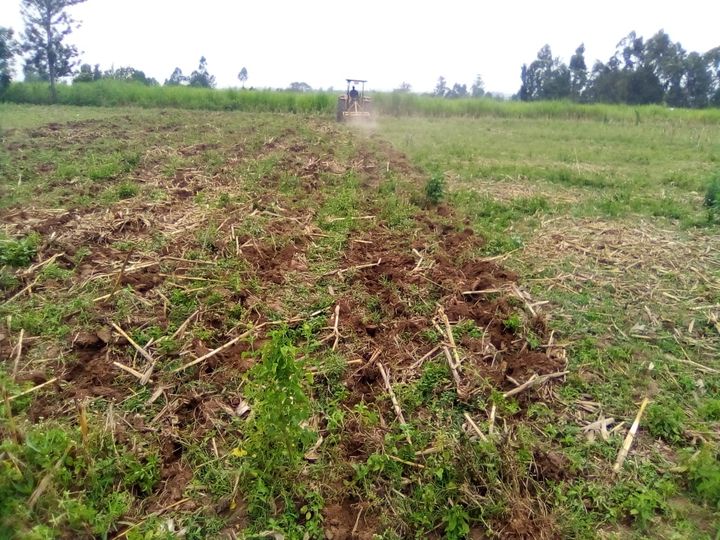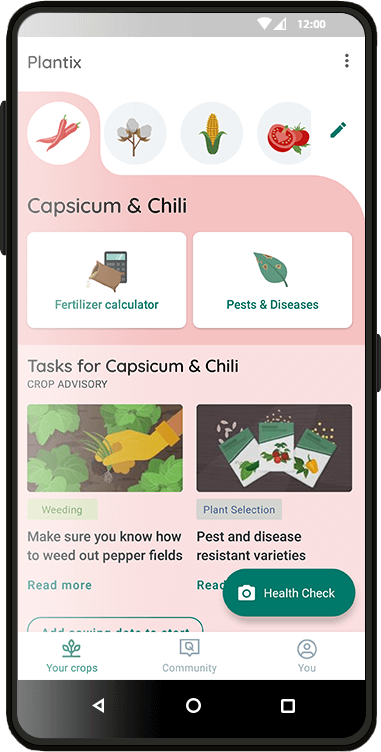
By George Munene
ASOBO, a Mbita based start-up founded in 2019 leverages electric engine power that reduces the daily cost of operating fishing boats by around 25 per cent.
Given the upfront cost of purchasing the electric motors are high; the company offers the e-boarders as a long-term rental with the daily rental rates on average lower than what fishers currently spend. This enables them to save money in the long run.
Included will also be the full financing of the system, daily recharging of the batteries, all necessary maintenance and repairs, training of boat owners and crew and a 24/7 helpline with rescue back-up.
Related News: New technology helps fish breeder deliver male fingerlings to farmers in 28 days
Related News: Farmers rearing catfish in 3 x 4M greenhouse yield tonne in 9 months
Speaking to How we made it in Africa company co-founder Laurens Friso explains; “The primary issue for the consumers is cost, and fuel is by far the biggest contributor. Fishers have very little leverage when buying petrol or diesel. There is also a high degree of unreliability and maintenance expense that comes with a traditional petrol or diesel engines, along with a high upfront cost. With our electric engines, the daily cost is on average around 25 per cent cheaper, and our service model means the costs are a lot more predictable, which makes things a lot easier if, for example, there is a bad catch on a particular day.”
Using electric outboard engines – e-Boarders – powered by renewable energy also improves the livelihoods of people depending on Lake Victoria by greatly reducing harmful emissions and pollutants of the lake’s ecosystem. This is especially important given 76 per cent of the lake’s fish species are threatened by extinction which will have a bearing on the livelihoods of 30-50 million people.
Related News: Feeding fish homemade feeds more profitable
Fishermen are able to acquire the electric outboard engines on a pay-as-you-go basis. Their incomes the company points out will increase as tens of thousands of small-scale fishers in Lake Victoria often waste money on inefficient, inconvenient, unreliable, and highly polluting petrol outboard engines. The electric-powered engines promise predictability, reliability, and affordability, whilst being comfortable and safe.
The e-boats run on 24-3500 battery with 3.5 kWh that comes with a backup service in case anything goes wrong. They are developed by Torqeedo, a German global leader in developing electric outboard motors.
Phone: +254 114 833 688
Email: This email address is being protected from spambots. You need JavaScript enabled to view it.
Write comment (0 Comments)




 By George P. Munene
By George P. Munene










